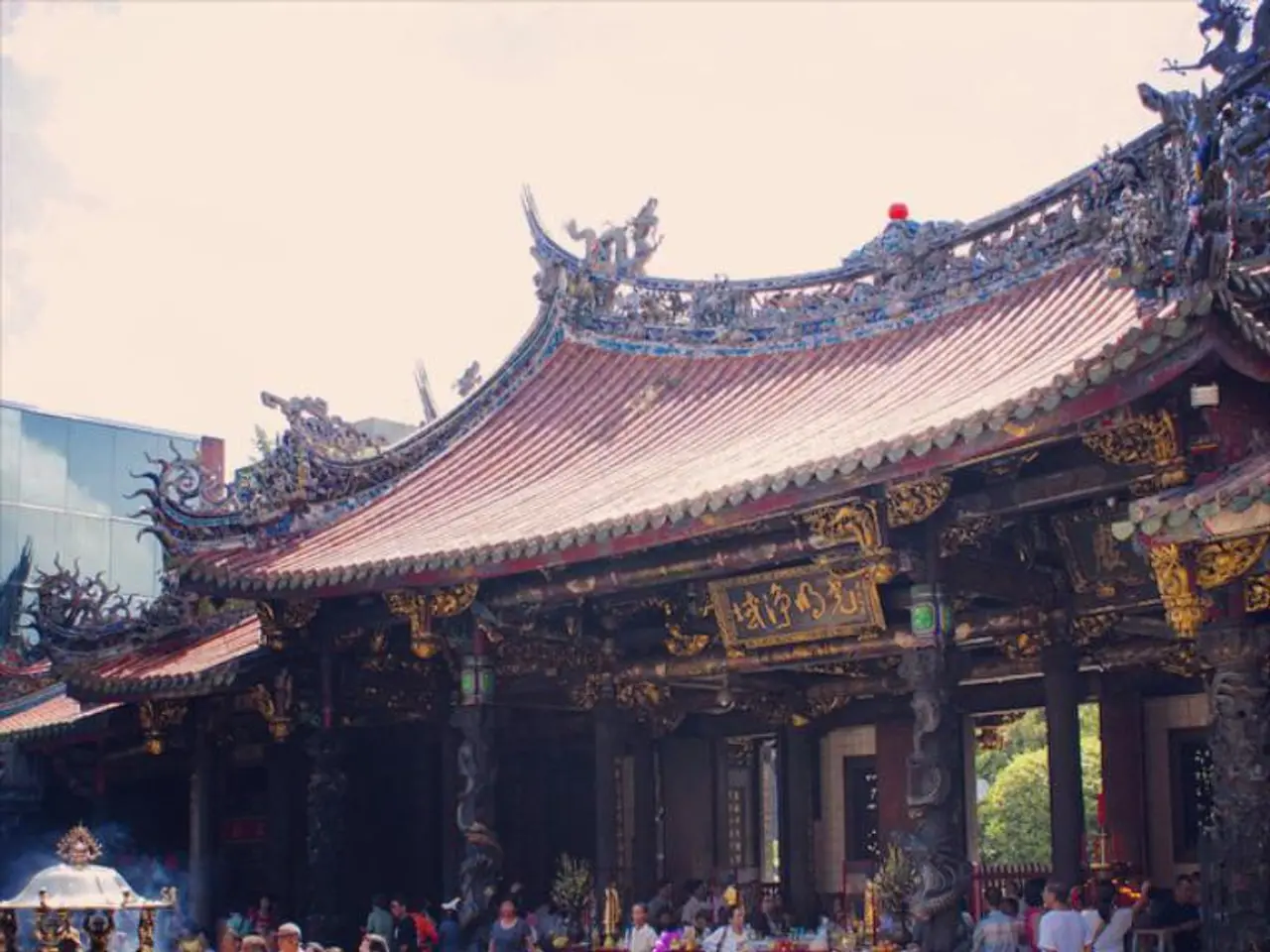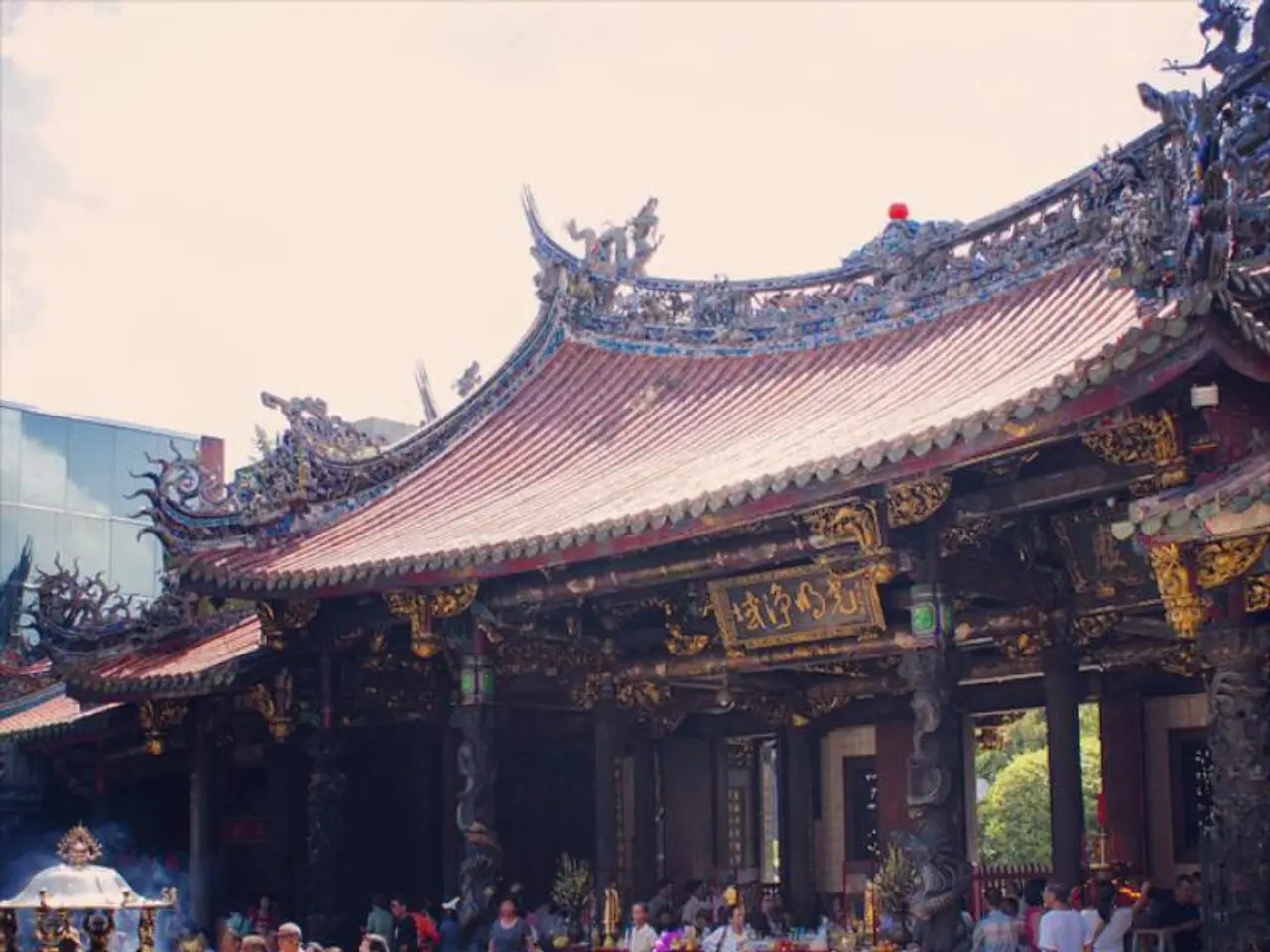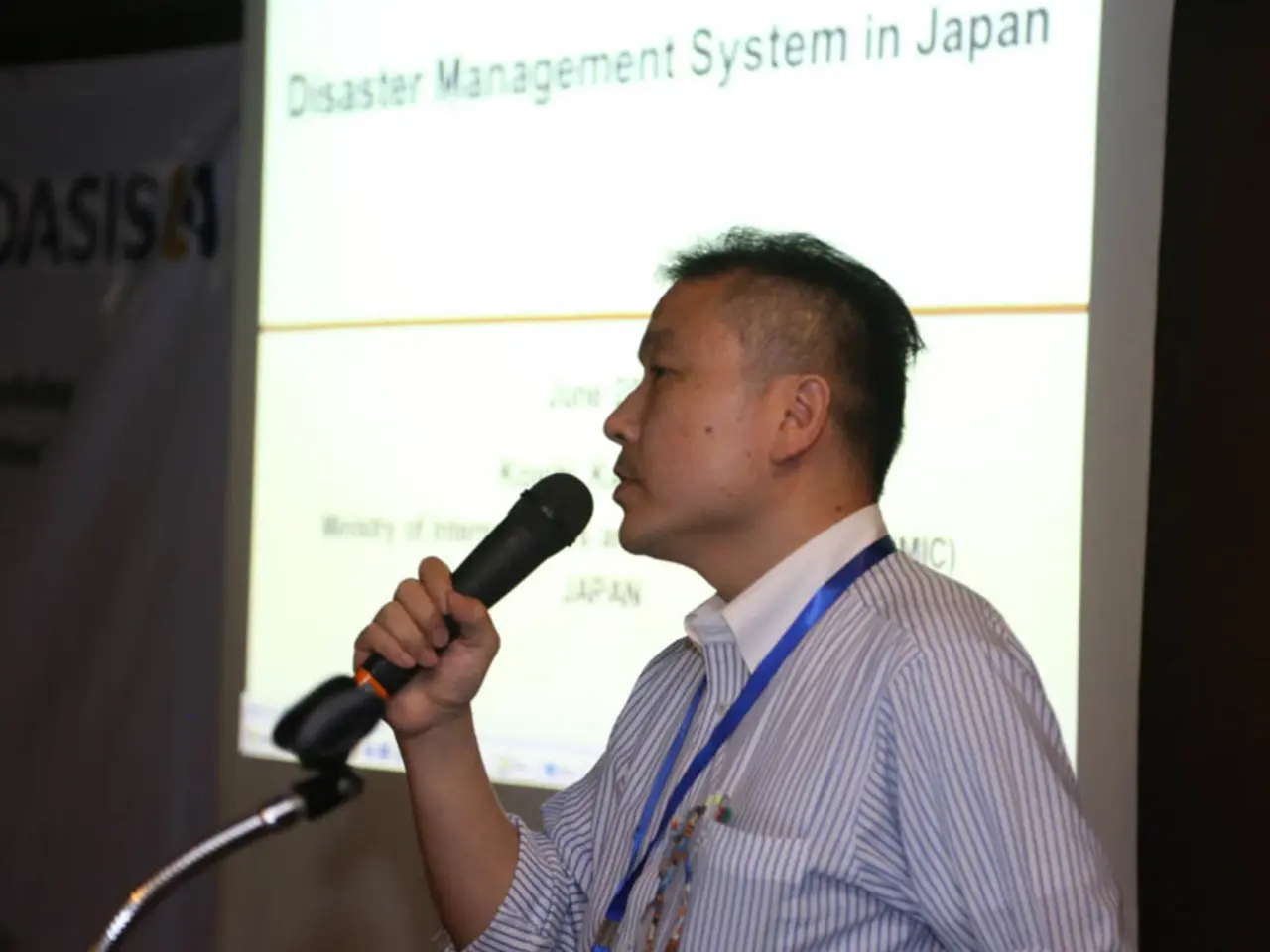The Enigma Surrounding China's Military Strategy
In the world of global politics, the military strategies of powerful nations are a subject of great interest and concern. One such nation is China, whose military objectives are determined by the ruling Communist Party, subscribing to Leninist revolutionary theory, and seeking to engineer the downfall of capitalism.
According to Roger Cliff, a renowned military strategist and author of the study "China's Military Power: Assessing Current and Future Capabilities," China’s military strategy to defeat the United States hinges on advanced autonomous technologies, space and cyber superiority, and innovative operational doctrines designed to disrupt and outmaneuver U.S. forces.
China's emphasis on technology is evident in its investment in autonomous systems such as AI-driven drone swarms, robotic squads, and autonomous artillery and tanks. The People's Liberation Army (PLA) soldiers are envisioned to act more as coordinators of robotic assets rather than as conventional frontline combatants.
In the realm of space and cyber capabilities, China has developed a sophisticated satellite network rivaling the U.S. Starlink system for communications and intelligence, as well as early warning missile detection satellites that enable information superiority during conflict. In cyber warfare, China has demonstrated the ability to penetrate and covertly operate within U.S. telecommunications networks, aiming to degrade U.S. network effectiveness and command and control capabilities.
The PLA's operational doctrines aim at disaggregating forces, employing deception, and decentralizing operations to avoid destruction. This combined approach seeks to offset the U.S. military's traditional technological and numerical advantages by targeting vulnerabilities in U.S. networks, leveraging AI and autonomous systems, and controlling critical domains such as space and cyber.
However, it's important to note that no direct evidence has been provided that an invasion of North America has been contemplated by Chinese strategists. The Chinese regime, known for its totalitarian and criminal nature, suppresses dissent, murders political activists, operates reeducation labor camps, and persecutes religious believers.
The idea of a military alliance between an external power and Mexico, as proposed in the Zimmerman Telegram during World War I, was ahead of its time. In a potential invasion scenario, key points of entry, such as airfields and ports, could be secured by infiltrating forces.
The PLA has issued a fourth "Campaign Guidance" concept, focusing on "counter-terrorist operations." This could suggest that the Chinese military may anticipate occupying someone else's territory, potentially involving civilian resistance, which they refer to as "terrorism."
Collaboration with the Chinese regime, as with any regime, may result in betrayal. The American policy of trading with China is a subject of debate, with some arguing that it should stop due to the perceived danger it poses. President Xi Jinping, the leader of this regime, is often criticised for presiding over a murderous regime rife with corruption and primed for military aggression.
In conclusion, understanding China's military strategy is crucial in navigating the complex world of international relations. As technology continues to advance, so too will the strategies of nations, and it is essential to stay informed and vigilant.
- Roger Cliff, a military strategist, contends that China's strategy to defeat the United States lies in advanced autonomous technologies, space and cyber superiority, and innovative operational doctrines.
- China's investment in autonomous systems such as AI-driven drone swarms, robotic squads, and autonomous artillery and tanks is a testament to its emphasis on technology.
- In the realm of space and cyber capabilities, China has developed a sophisticated satellite network and demonstrated the ability to penetrate and covertly operate within U.S. telecommunications networks.
- The PLA's operational doctrines aim at disaggregating forces, employing deception, and decentralizing operations to offset the U.S. military's technological and numerical advantages.
- The Chinese military's focus on counter-terrorist operations may suggest potential plans to occupy someone else's territory, involving civilian resistance which they refer to as "terrorism".








